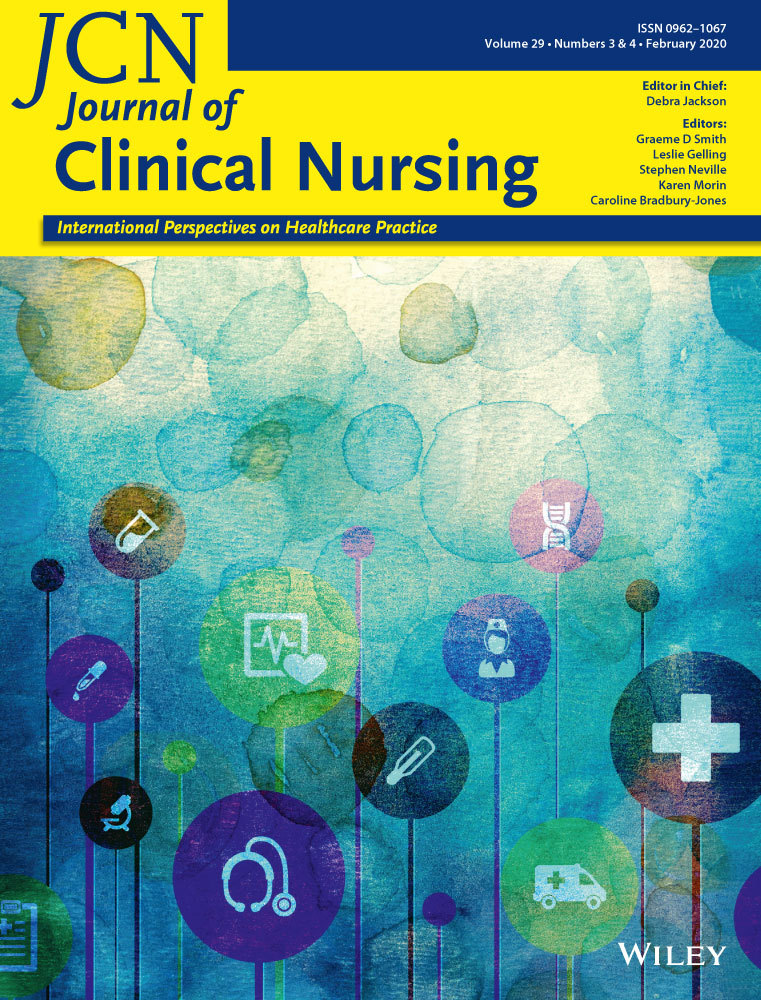Living in one's own world, while life goes on: Patients' experiences prior to a kidney transplantation with a living donor
Funding information
This work was supported by VIA Faculty of Health Sciences, VIA University College; Department of Public Health, Aarhus University; and the Kidney Organization in Denmark.
What does this paper contribute to the wider global clinical community?
This paper provides insights into and deeper knowledge about living with end-stage kidney disease prior to a kidney transplantation with a living donor.This study shows that patients experience multifaceted existential challenges in their everyday lives prior to a kidney transplantation with a living donor.The results articulate the need for support from health professionals prior to a kidney transplantation and hereby enhance the need to focus on developing a programme to support recipients undergoing a kidney transplantation.
Abstract
Aims and objectives
To investigate patients' existential experiences in everyday life prior to a kidney transplantation with a living donor.
Background
Kidney transplantation is a well-established treatment for patients with end-stage kidney disease. The prevalence of patients living with end-stage renal disease is increasing. Simultaneously, kidney transplantations with a living donor are increasing. However, patients experience challenging existential aspects concerning kidney transplantation.
Design
A qualitative study with a hermeneutic-phenomenological approach inspired by Ricoeur was chosen.
Methods
Fourteen interviews with patients living with end-stage kidney disease were conducted 7–14 days before a planned kidney transplantation with a living donor. Analysis and interpretation were based on Ricoeur's theory of interpretation. We applied the Criteria for Reporting Qualitative Research (see Appendix S1).
Results
Four themes were identified: living with subjective feelings of illness while objectifying the body; living in one's own world while the world outside goes on; feeling grateful while being concerned for the donor; and hoping for the best, while preparing for the worst.
Conclusion
Patients' existential challenges are multifaceted. Patients articulate their kidney function in numeric terms, trying to make the invisible visible for themselves and others. Sustaining normality becomes important for patients, and the waiting time from donor evaluation to transplantation triggers excitement, hope and frustration.
Relevance to clinical practice
The results increase insights into individuals' existential experiences in their everyday lives. Hereby, the results articulate the need for support from health professionals prior to a kidney transplantation.
CONFLICT OF INTEREST
The authors declare that they have no conflict of interests.




